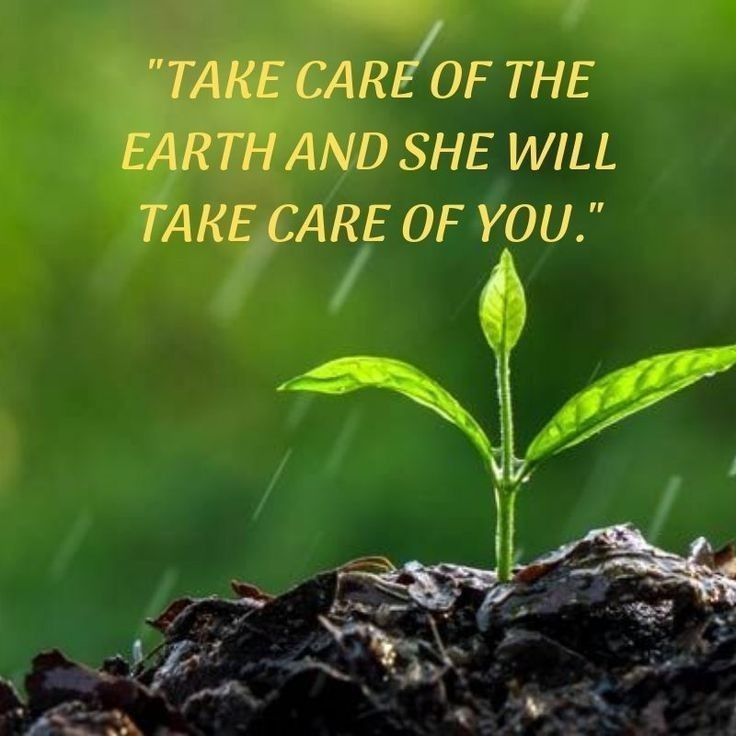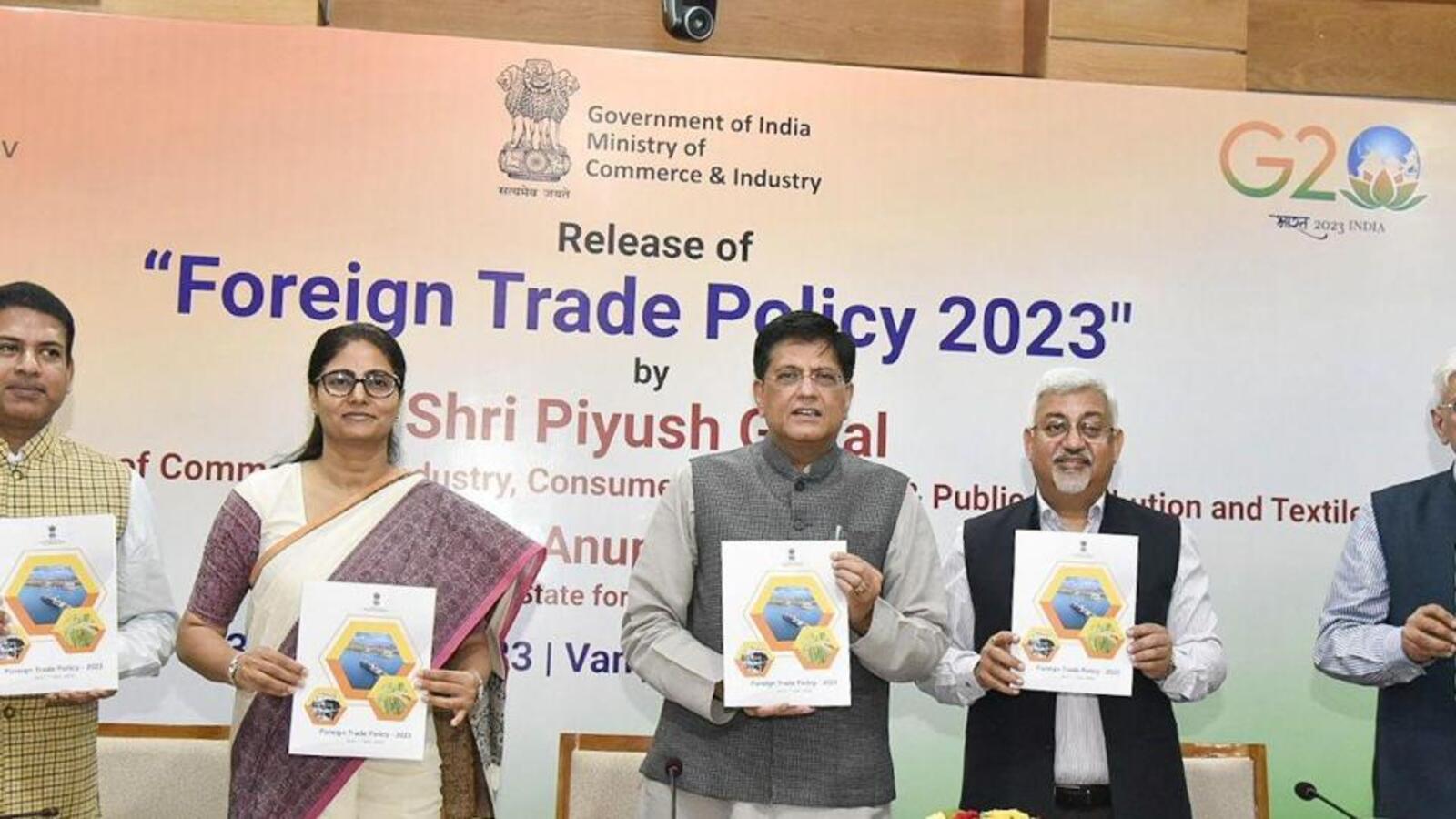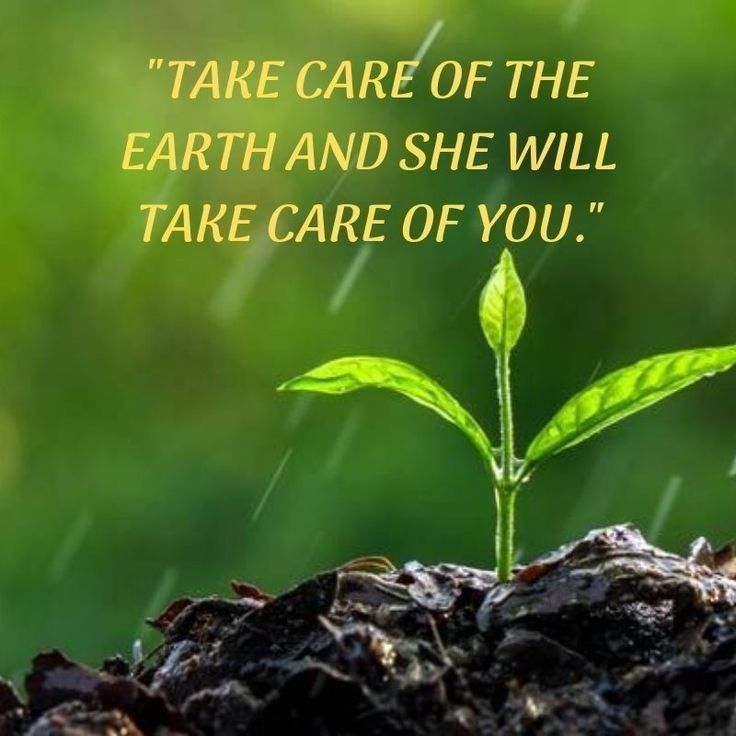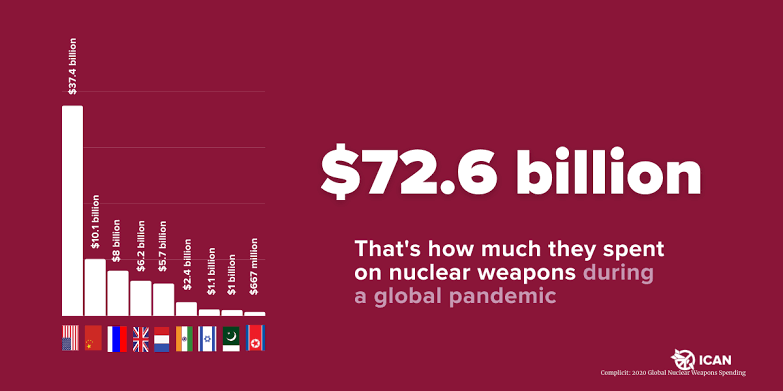From Ancient Wisdom to Modern Solutions

World Environment Day, observed globally on June 5th, was not just a symbolic gesture — it was a stark reminder of the deepening environmental crisis. The increasing frequency of extreme weather events, floods, wildfires, and heatwaves signals a planetary imbalance that requires urgent action. While nations have shown concern, the response falls short of the scale required. India, with its rich cultural reverence for nature, now faces the challenge of aligning this tradition with contemporary environmental policy and sustainable development.
Historically, Indian civilisation has treated nature with spiritual and ethical reverence. Rivers, forests, mountains, and even the air have been regarded as sacred. Ancient texts like the Vedas reflect a worldview rooted in balance and coexistence with natural systems. This traditional ecological wisdom is echoed across many indigenous cultures worldwide. However, modern development models, often prioritising economic growth over ecological health, have put severe pressure on natural ecosystems.
Human activities such as unregulated mining, deforestation, dam building, and urban expansion have disrupted ecological cycles and led to the degradation of vital ecosystems. These systems—forests, wetlands, rivers, oceans, and mountains—function through delicate balances maintained by solar energy, rainfall patterns, soil health, and biodiversity. The damage done to these environments incurs what economists call “externalities”—costs that are not accounted for in standard economic transactions.
To address these gaps, India has begun implementing Green Accounting, a system that attempts to account for environmental costs in the national economic framework. Similarly, Environmental Impact Assessments (EIA) and clearances are legally required for large-scale projects, especially those that may harm the environment. However, the application of these safeguards has been inconsistent. For instance, in ecologically fragile regions like the Western Ghats, projects have received approvals despite lacking proper environmental scrutiny—sometimes influenced by political, security, or economic pressures. Such actions have led to recurring disasters like floods and landslides along India’s western coast.
To better inform policy decisions, the Centre for Science and Environment (CSE) released the E-Report on the State of India’s Environment in Figures 2025 on Environment Day. Based on government data, the report ranks states and Union Territories on multiple environmental parameters. According to the findings, Andhra Pradesh leads in areas such as forest conservation, biodiversity, and climate action, although it faces challenges in managing sewage and river pollution. Sikkim tops in sustainable agriculture practices, while Goa and Chandigarh are recognized for public health and environmental performance. While data limitations exist, the report provides a snapshot of the nation’s environmental health and the need for localized solutions.
Globally, the Intergovernmental Panel on Climate Change (IPCC) and the UN Framework Convention on Climate Change (UNFCCC) continue to coordinate international climate policy. At COP29 in Baku, significant progress was made in implementing a compliance mechanism for carbon credits, a system that allows countries or entities to trade emission allowances. India introduced carbon markets in 2023, and these are expected to become fully operational by 2026. However, a major challenge remains unresolved: climate finance. Developing countries, including India, have repeatedly emphasized the need for financial assistance to support climate adaptation and mitigation, but developed nations have yet to deliver on their commitments. This issue is expected to dominate discussions at COP30 in Belem.
One of the major themes for Environment Day 2025 has been plastic pollution. The United Nations called for a global ban on single-use plastic in 2022, and India has responded with significant measures. It banned single-use plastics and introduced the Extended Producer Responsibility (EPR) policy to make manufacturers accountable for post-consumer waste. Under EPR, plastic credits have been introduced as a voluntary market-based solution where companies can offset their plastic usage by funding certified recyclers.
To enforce compliance, the Central Pollution Control Board (CPCB) has created a centralized digital portal for producers and importers to manage their EPR responsibilities and obtain recycling certificates. Several startups are also innovating biodegradable alternatives, helping reduce the long-term ecological impact of plastic use. While these initiatives mark progress, the success rate of EPR implementation remains low due to poor enforcement and a lack of industry accountability.
India’s long-term environmental goals include achieving net zero emissions by 2070, in line with the UN climate objectives. Sectors like transport are crucial to this transition. The Indian Railways, which emits 90% less carbon than road transport, has pledged to become net zero by 2030—a promising step toward sustainable mobility. Additionally, incorporating circular economy principles—where resources are reused and recycled instead of discarded—has become essential. While policies supporting circularity exist, enforcement remains a challenge. Manufacturers must be made responsible for the entire lifecycle of their products, including post-consumption waste management.
Beyond policies and technology, the ecological crisis calls for a cultural transformation. The unchecked consumerism and individualism of the modern world are eroding the planet’s capacity to regenerate. To counter this, Mission LiFE (Lifestyle for Environment), launched by Prime Minister Narendra Modi, promotes sustainable living practices globally. It urges individuals to adopt simple yet impactful habits—like reducing energy and water usage, avoiding waste, and choosing sustainable products—that contribute to environmental well-being.
World Environment Day-2025 was a timely reminder that environmental protection is not just a governmental or international obligation—it is a collective human duty. India’s path forward lies in blending its ancient environmental ethos with innovative policy and technological action. Sustainable development can no longer remain an aspiration—it must become an imperative if humanity is to thrive alongside the planet that sustains it.

 6 hours ago
6 hours ago





[[comment.comment_text]]